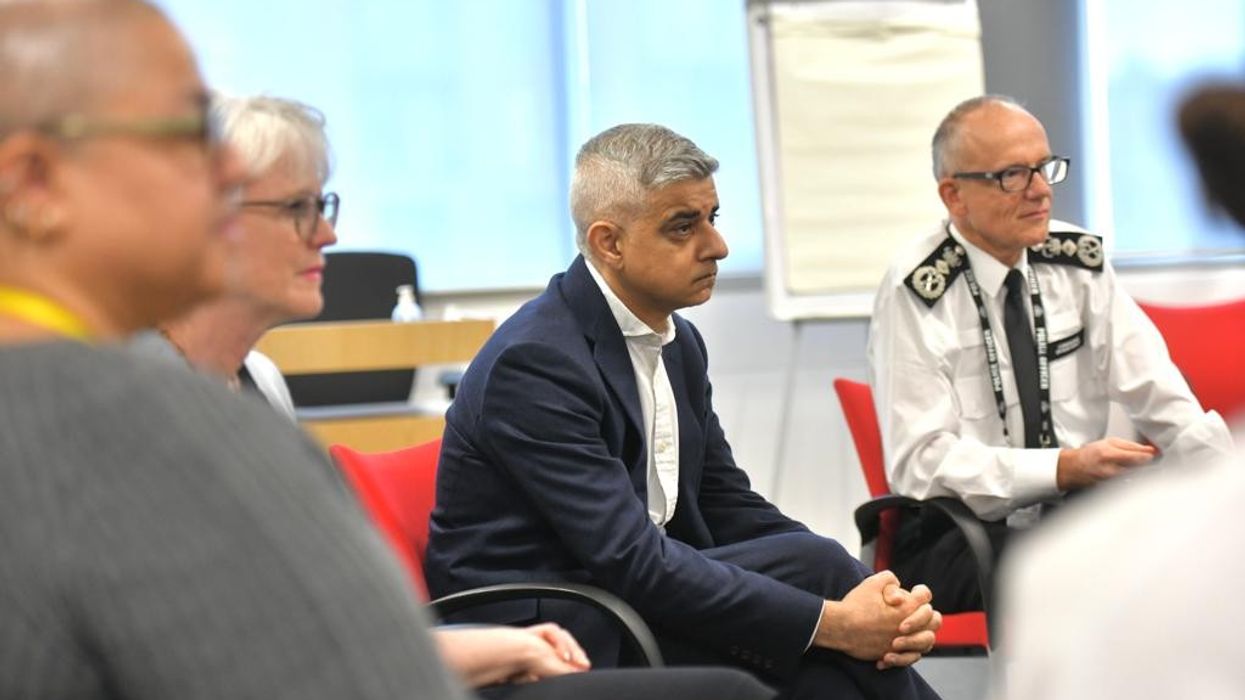Sadiq Khan, the Mayor of London, has revealed the latest phase of his Action Plan fund, which aims to enhance the trust and confidence of Black and minority communities in the Metropolitan Police Service.
A press release informed that the Mayor and Deputy Mayor for Policing and Crime, Sophie Linden, recently visited Hendon Police Training College, where they observed community-led police training to ensure that new police officers have a better understanding of the communities they will be policing.
This training places Black communities at the forefront of enhancing how the next generation of police officers approach their vital work in reducing crime in London's diverse communities.
This year, the Mayor's Action Plan will allocate £1 million for community-led training, adding up to a total of £3 million investment in this area.
The Metropolitan Police Service has been implementing community-led training for new police recruits since September 2021 as a result of the Mayor's Action Plan in 2020.
This training includes community representatives sharing their experiences on topics such as stop and search and domestic abuse, highlighting the importance of community involvement in policing.
The recent review of the Met's culture and standards identified shortcomings related to discrimination, culture, and operational effectiveness.
The Mayor and the Met Commissioner are both committed to using the report as a catalyst for reform and a turning point in the relationship between the Met and London's communities.
They acknowledge the need for a more diverse police force that better represents and understands London's communities. To achieve this, the mayor has allocated £300,000 in funding for the Met's outreach work, and City Hall provides an annual £400,000 investment to support the promotion and development of Black officers.
Currently, 17 per cent of Met officers are from Black, Asian and Minority Ethnic backgrounds, and individuals from all backgrounds are encouraged to consider a career in policing.
The mayor and the Met have taken several actions to improve public trust in the police. They also plan to establish a partnership panel for Safer Schools officers and publish research on stop and search escalation and de-escalation based on body-worn camera footage.
Khan said, “Communities must be at the centre of our work to reform the Met and that starts with the Met listening and acting on what diverse Londoners with the lowest levels of trust are telling them. That is why I am really proud to be funding community-led training where Black Londoners can work with our next generation of officers to help build a fairer, safer London for everyone.”
The Mayor's Action Plan allocated funding for the period of 21/22, 22/23, and 23/24, including £3m for community-led training, £900,000 for outreach recruitment, and £1.2m for Black officer promotion support.
The funding is divided into £1m, £300,000, and £400,000 per year, respectively.




